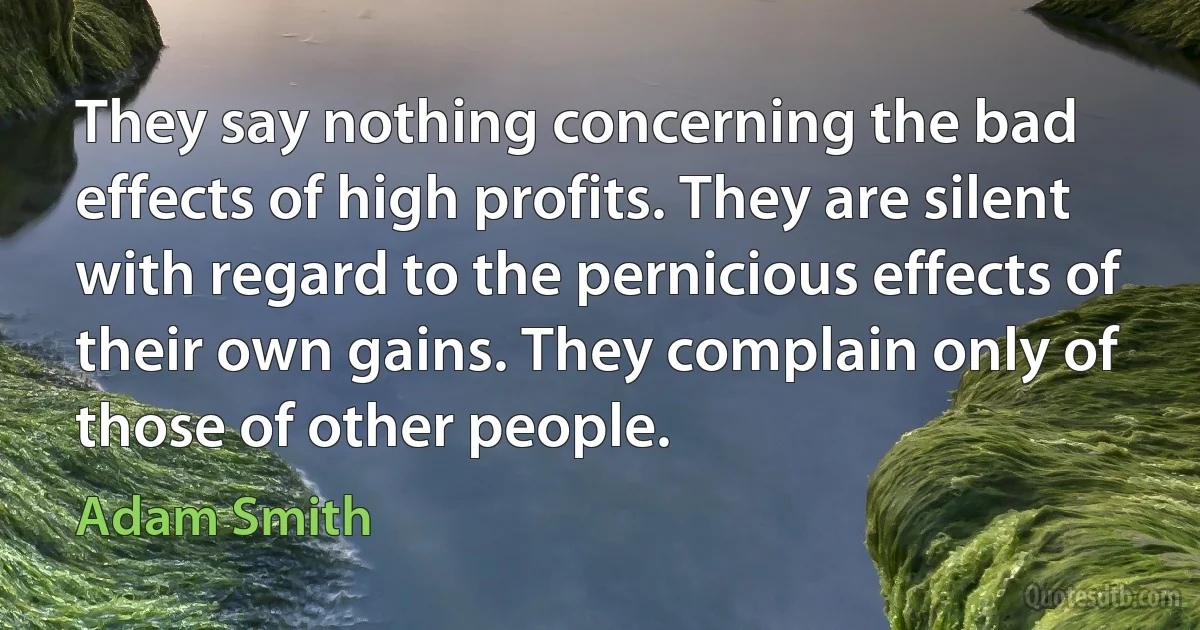Concerning Quotes - page 15
The use of method as the criterion of science abolishes theoretical relevance. As a consequence, all propositions concerning facts will be promoted to the dignity of science, regardless of their relevance, as long as they result from a correct use of method. Since the ocean of facts is infinite, a prodigious expansion of science in the sociological sense becomes possible, giving employment to scientistic technicians and leading to the fantastic accumulation of irrelevant knowledge through huge "research projects” whose most interesting features is the quantifiable expense that has gone into their production.

Eric Voegelin
'Tis a dangerous thing to engage the authority of scripture in disputes about the natural world, in opposition to reason; lest time, which brings all things to light, should discover that to be evidently false which we had made scripture to assert ... We are not to suppose that any truth concerning the natural world can be an enemy to religion; for truth cannot be an enemy to truth, God is not divided against himself.

Thomas Burnet
Because psychoanalysis emerged as a medical specialty concerned with the healing of the sick, it focused its attention on the pathological processes arising from the disruption of the adaptive capacities, and this subject matter was taken to be the totality of significant information concerning the structure of the personality. The diagnosis and treatment of mental illness is, however, a poor basis for the empiricism which a basic science requires. Mental illness, when it is seen in terms of the symptoms and syndromes which come to the attention of the psychotherapist, presents a picture of the personality which is readily fragmented and distorted out of proportion.

Paul Rosenfels
My skepticism concerning all notions of reconquista is skepticism toward the view that history is restorative. I get older but I do not grow wiser. It is only by shedding skin, by turning pages, by ordering stronger spectacles, by having my hair cut, that I seem to be restoring myself to a circular pattern, that I seem to progress toward youth and capability, though my progress is actually a decline.

Richard Rodriguez
What do we know about the world unseen? What reasonings, what curiosity, what misgivings there have been concerning that impenetrable mystery! Out of this mystery and vagueness and vastness comes the human form of the Divine Redeemer. He assures us that there is an unmixed and endless life, and that all we have to do to secure it is, to trust ourselves to Him who came to declare it and to confer it.

William Adams
The Head and the body are Christ wholly and entirely. The Head is the only begotten Son of God, the body is His Church; the bridegroom and the bride, two in one flesh. All who dissent from the Scriptures concerning Christ, although they may be found in all places in which the Church is found, are not in the Church; and again all those who agree with the Scriptures concerning the Head, and do not communicate in the unity of the Church, are not in the Church.

Augustine of Hippo
Concerning the blunders which had been made in our foreign policy public opinion is, as a rule, first enlightened when it is in a position to look back upon the history of a generation, and the Achivi qui plectuntur are not always immediately contemporary with the mistaken actions.

Otto von Bismarck
All those... who discourse concerning nature, always subject a certain other nature of... elements, to the infinite... But no one of those who make the elements to be finite introduces infinity. Such, however, as make infinite elements, as Anaxagoras and Democritus, say that the infinite is continuous by contact. ...Rationally, too, do all philosophers consider the infinite as a principle; for it cannot be in vain, nor can any other power be present with it than that of a principle: for all things are either the principle, or from the principle; but of the infinite there is no principle, since otherwise it would have an end. ...it is also unbegotten and uncorruptible, as being a certain principle: for... end is the corruption of everything. ...It likewise appears to comprehend and govern all things, as those assert who do not introduce other causes beside the infinite... It would seem also that this is divine: for it is immortal and indestructible, as Anaximander says, and most of the physiologists.

Aristotle
I have sought with some touches of detail to bring out the solidarity and historical continuity of the High Intelligentsia of England, who have built up the foundations of our thought in the two and a half centuries, since Locke, in his Essay Concerning Human Understanding, wrote the first modern English book.

John Maynard Keynes
New Domestic Animals. I want to have my lion and my eagle about me, that I may always have hints and premonitions concerning the amount of my strength or weakness. Must I look down on them today, and be afraid of them? And will the hour come once more when they will look up to me, and tremble?

Friedrich Nietzsche
Being a lover of freedom, when the revolution came in Germany, I looked to the universities to defend it, knowing that they had always boasted of their devotion to the cause of truth; but, no, the universities immediately were silenced. Then I looked to the great editors of the newspapers whose flaming editorials in days gone by had proclaimed their love of freedom; but they, like the universities, were silenced in a few short weeks. Then I looked to individual writers who, as literary guides of Germany, had written much and often concerning the place of freedom in modern life; but they, too, were mute.Only the church stood squarely across the path of Hitler's campaign for suppressing truth. I never had any special interest in the church before, but now I feel a great affection and admiration because the church alone has had the courage and persistence to stand for intellectual truth and moral freedom. I am forced thus to confess that what I once despised I now praise unreservedly.

Albert Einstein
The three most ancient opinions concerning God are Anarchia, Polyarchia, and Monarchia. The first two are the sport of the children of Hellas, and may they continue to be so. For Anarchy is a thing without order; and the Rule of Many is factious, and thus anarchical, and thus disorderly. For both these tend to the same thing, namely disorder; and this to dissolution, for disorder is the first step to dissolution. But Monarchy is what we hold in honor.

Gregory of Nyssa
A zeal for different opinions concerning religion, concerning government, and many other points, as well of speculation as of practice; an attachment to different leaders ambitiously contending for pre-eminence and power; or to persons of other descriptions whose fortunes have been interesting to the human passions, have, in turn, divided mankind into parties, inflamed them with mutual animosity, and rendered them much more disposed to vex and oppress each other than to co-operate for their common good. So strong is this propensity of mankind to fall into mutual animosities, that where no substantial occasion presents itself, the most frivolous and fanciful distinctions have been sufficient to kindle their unfriendly passions and excite their most violent conflicts. But the most common and durable source of factions has been the various and unequal distribution of property. Those who hold, and those who are without property, have ever formed distinct interests in society.

James Madison
Bernays's publications extend over the most diverse fields of mathematics ... and are all marked by thoroughness and reliability ... He is distinguished by a deep-seated love for science as well as a trustworthy character and nobility of thought, and is highly valued by everyone. In all matters concerning fundamental questions in mathematics, he is the most knowledgeable expert and, especially for me, the most valuable and productive colleague.

Paul Bernays



